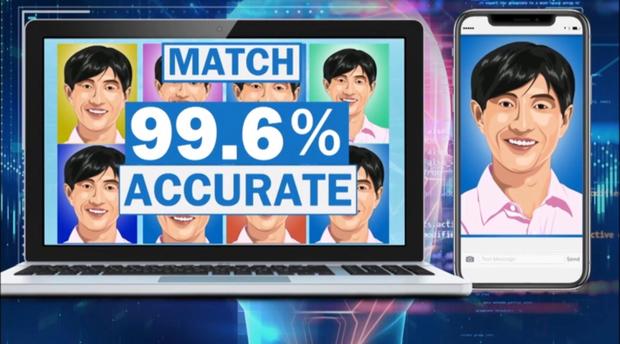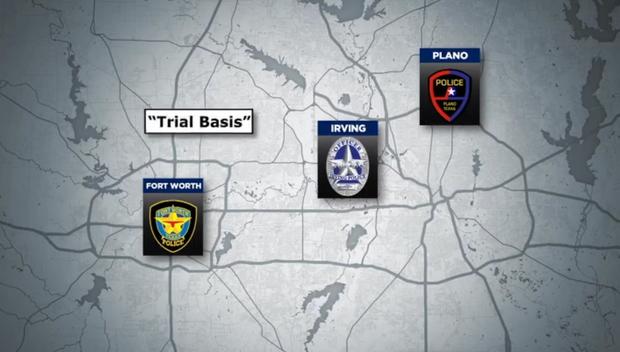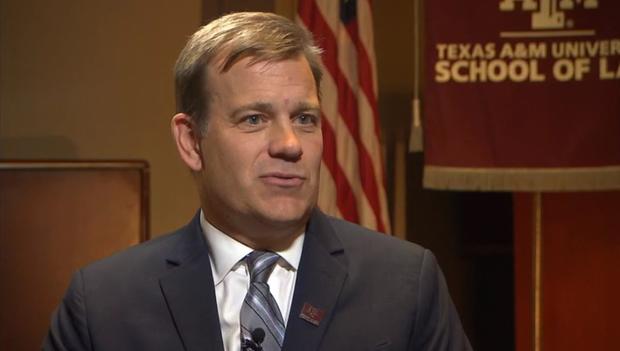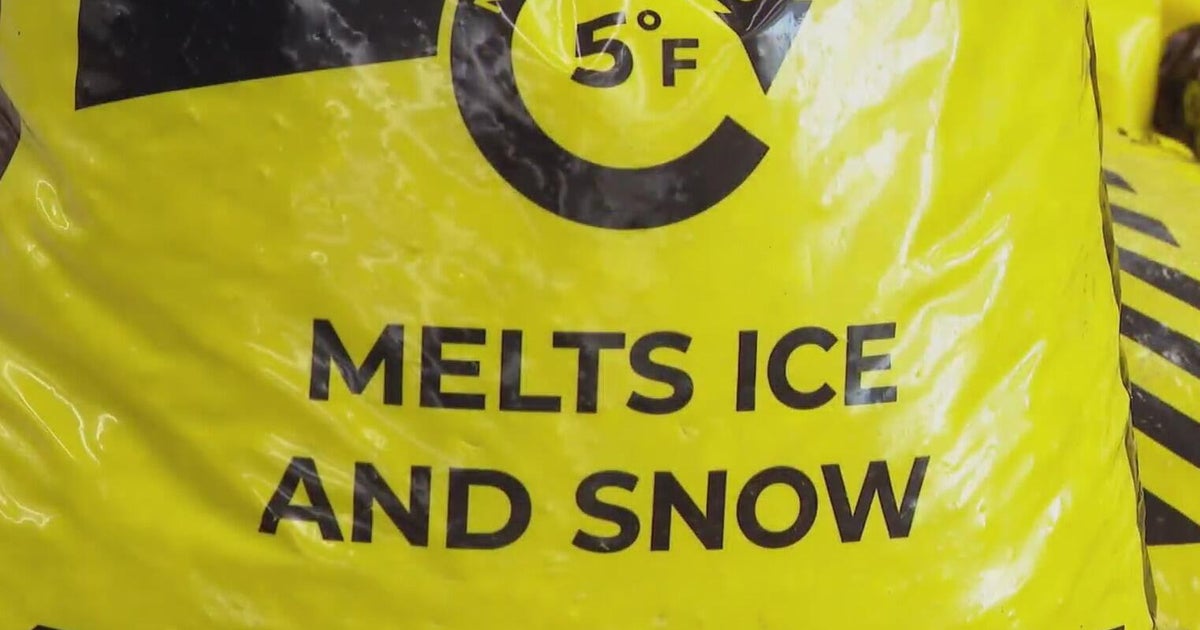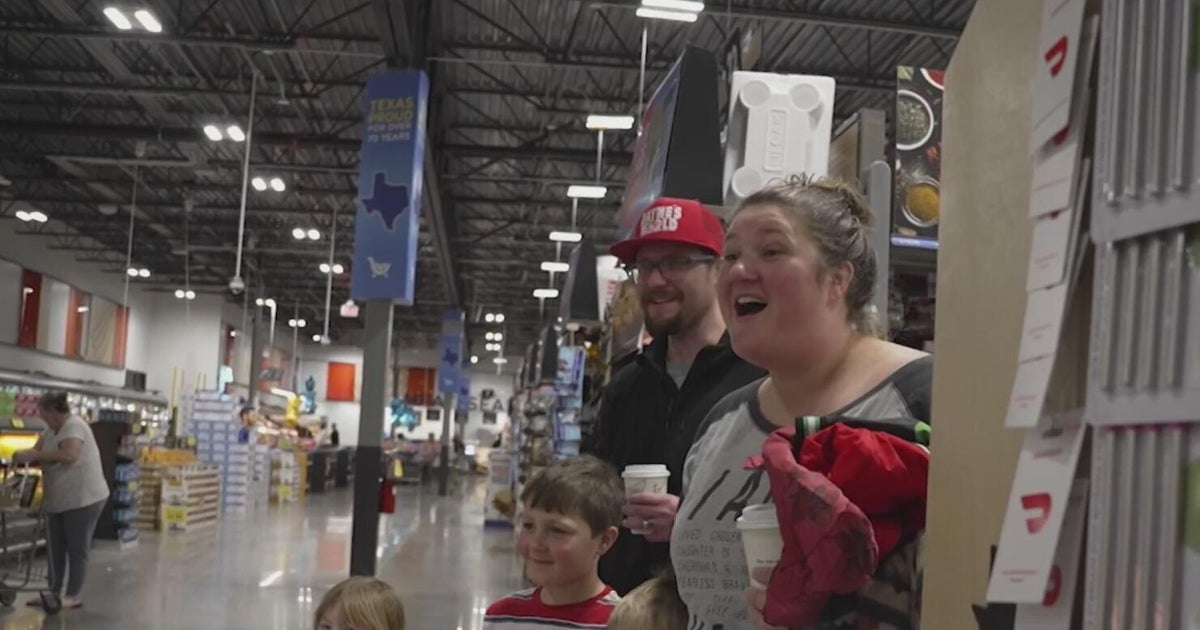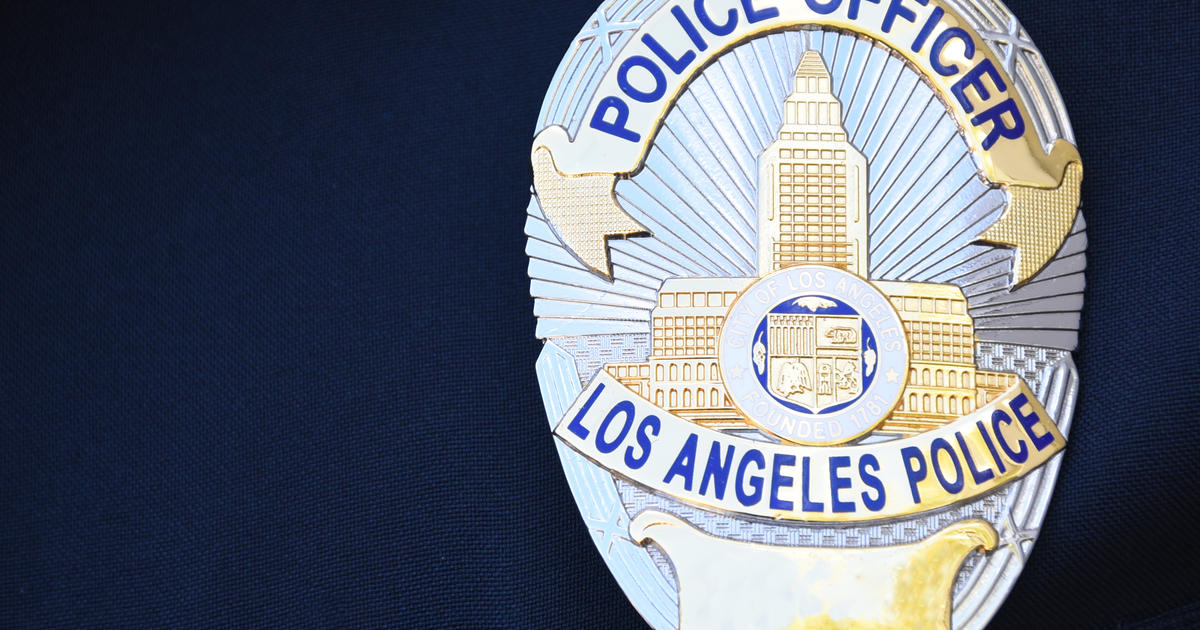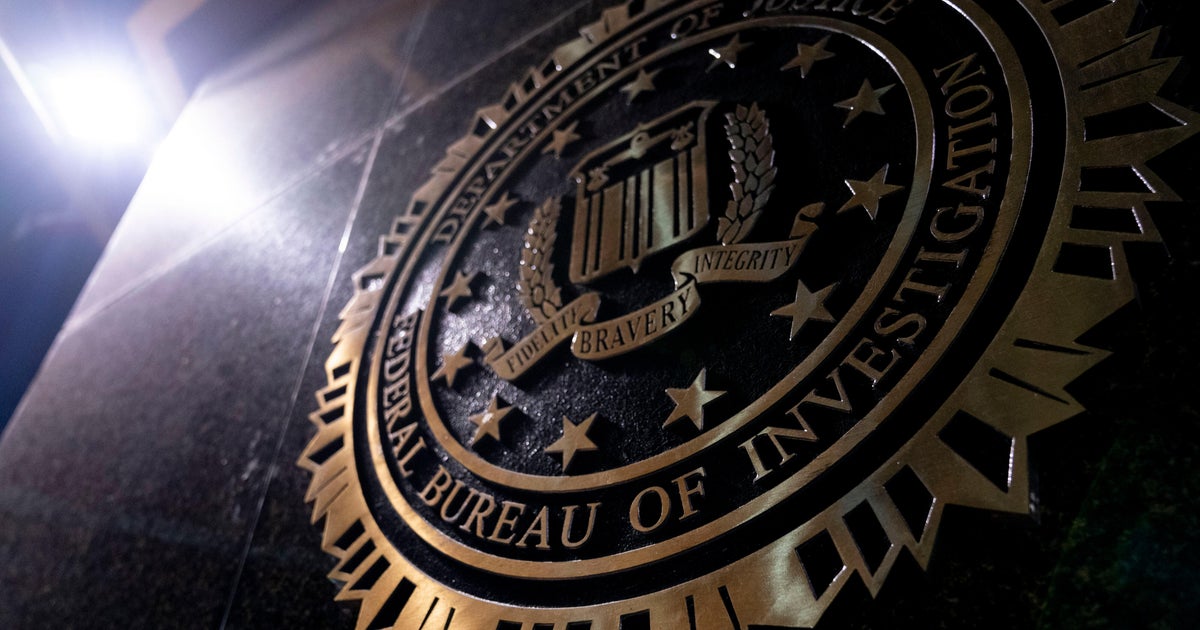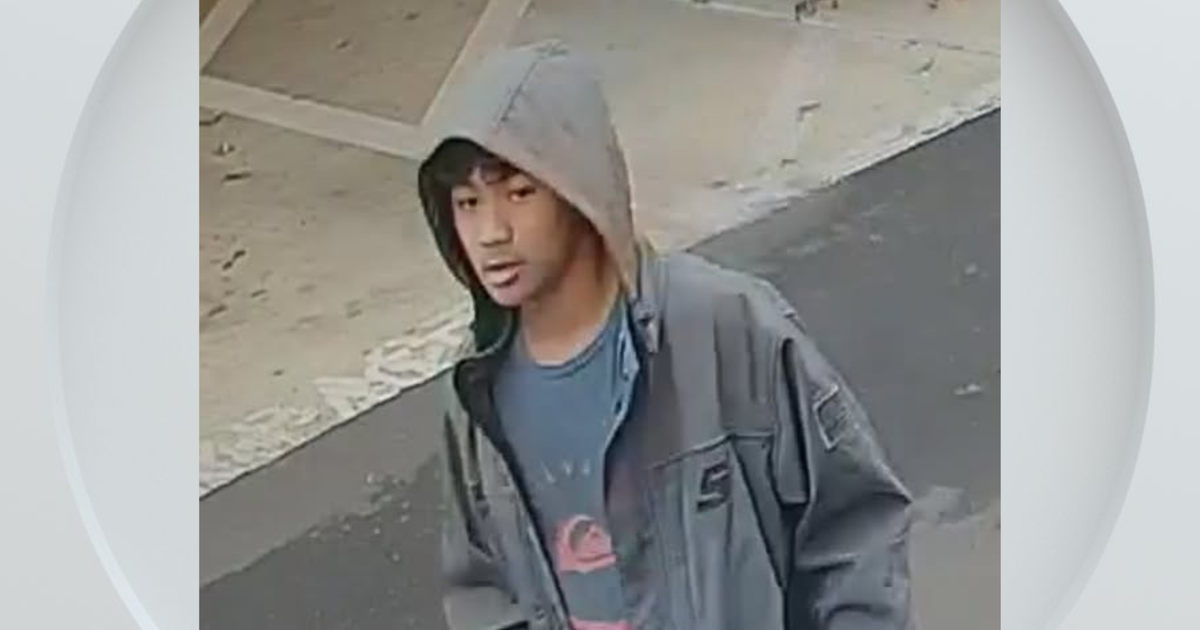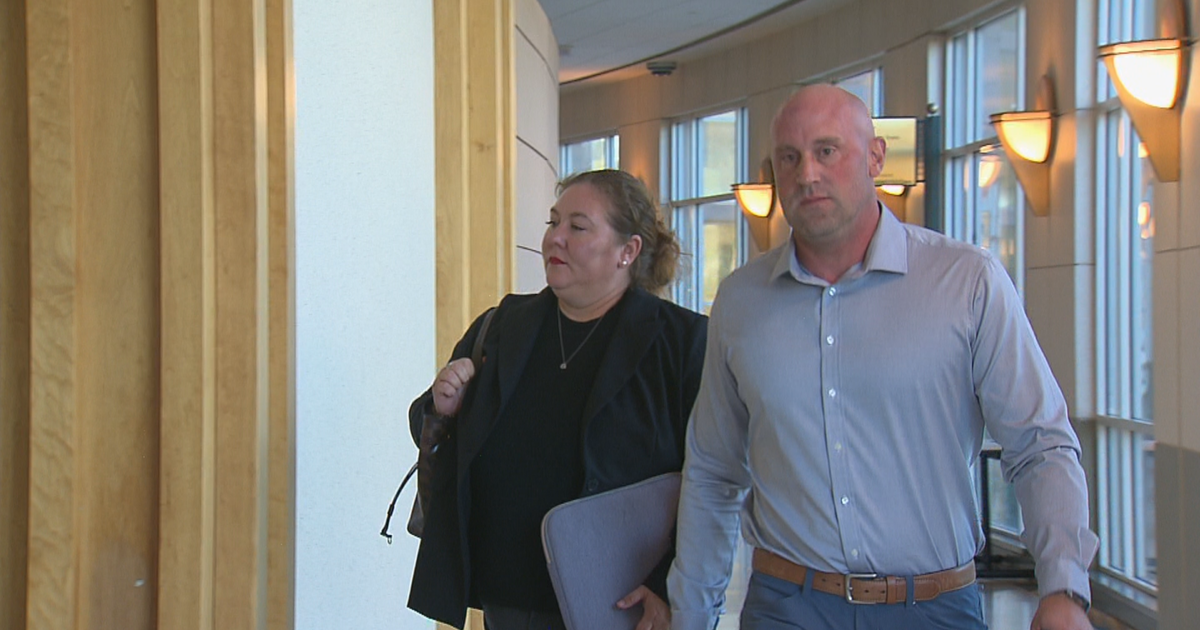Fort Worth, Irving And Plano Police Using Controversial Facial Recognition App On 'Trial Basis'
FORT WORTH, IRVING and PLANO, Texas (CBSDFW.COM) - A CBS 11 I-Team investigation discovered several North Texas police departments using a controversial new facial recognition app.
Fort Worth, Irving and Plano police departments have used the Clearview AI's new app since the start of the year on what the departments describe as a "trial basis."
Clearview AI's groundbreaking facial recognition app can match an image of an unknown person to their online photos, along with links to where those photos came from.
The results are 99.6% accurate, according to the company.
Clearview AI identifies a person by comparing their picture to its database of more than three billion images the company has scrapped off the internet, including social media sites.
Facebook, Google, Youtube, Twitter, Venmo and Linkedin have all demanded Clearview AI stop taking images from their sites - saying it's a violation of their terms of agreement.
In an interview with CBS News, Clearview AI founder and CEO, Hoan Ton-That said all the images his company has collected are from the open web.
"There is also a First Amendment right to public information," Ton-That told CBS News. "So the way we have built our system is to only take publicly available information and index it that way."
Ton-That said the app is not available to the general public, adding it was designed to help law enforcement catch some of the most dangerous criminals.
The I-Team learned Clearview has been pitching its app in recent months to North Texas police departments.
At least three police departments, Fort Worth, Irving and Plano are all using it on what the departments call a "trial basis."
Fort Worth police have so far searched more than 250 individuals using the app. The department said any matches from the app are only leads that are used to narrow down an investigation and are not used as probable cause to make an arrest.
According to emails obtained by the I-Team through public records, the Plano Police Department is still deciding whether it wants to continue using to Clearview app after its trial period.
Emails between the city and Clearview AI show a yearly subscription starts at $10,000.
Brian Holland, an expert in technology law at Texas A&M School of Law, said he thinks several police departments across the country will decide to use the app.
"Local police don't have a lot of incentive not to use facial recognition technology," he said. "It can be very useful to them in solving the types of crimes everyday people are concerned about, like burglaries and robberies."
Holland said tech companies have had the ability to do what Clearview AI is doing for years, but have been reluctant due to legal and moral reasons.
"Clearview has broken a taboo - an unwritten taboo among tech companies," he explained.
Holland said one of the biggest concerns about compiling a massive database of images is Clearview AI's ability to protect it from hackers.
"The second it gets hacked that means it becomes for sale to anybody, including malicious state actors like China and North Korea or malicious companies in the United States or abroad," Holland said. "And if I had to be honest, chances are it's already been hacked."
Earlier this month, hackers gained access to Clearview AI's client list but the company said its servers had not been breached.
The I-Team reached out to Clearview AI about what steps the company has taken to protect the images in their database. The company has not yet responded to the I-Team's questions.
"There is no putting back the scrapping of images and the building of these giant facial recognition databases," Holland said. "There is just no putting it back in the bottle now."
